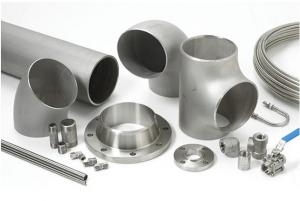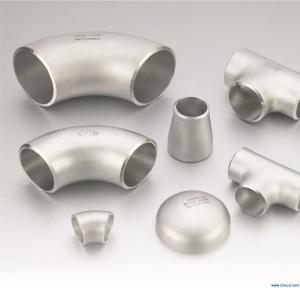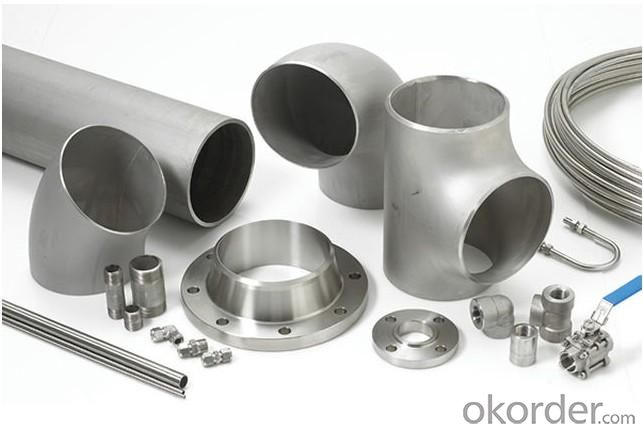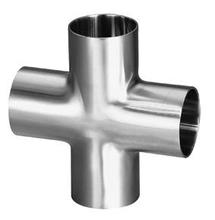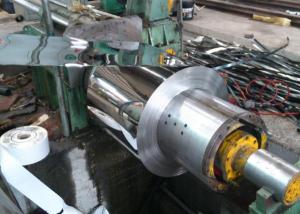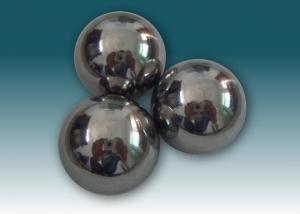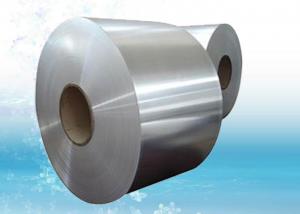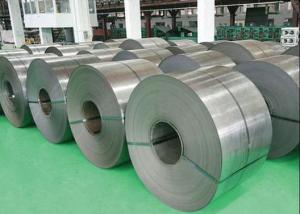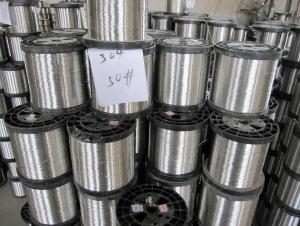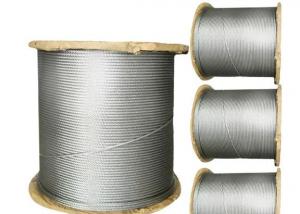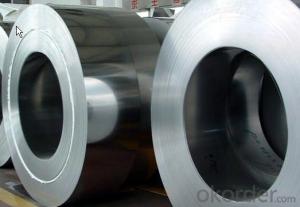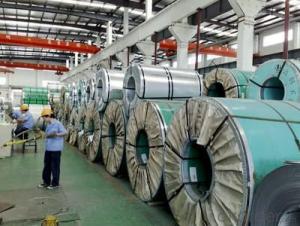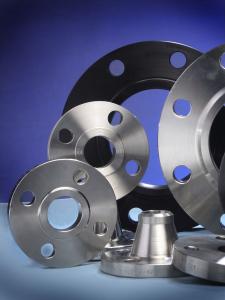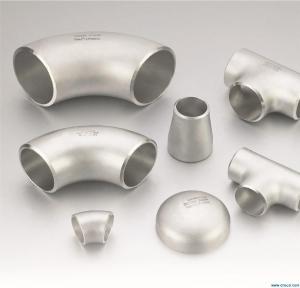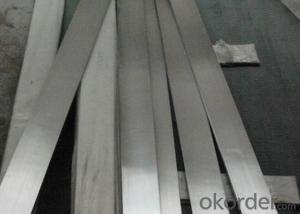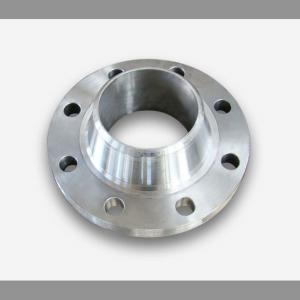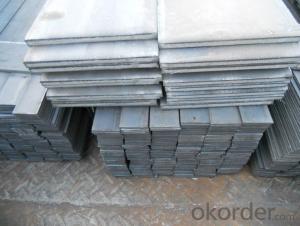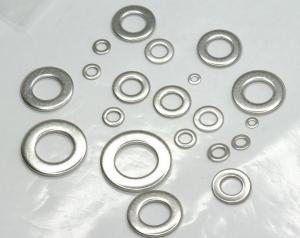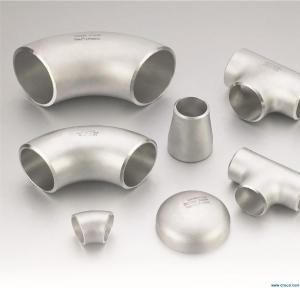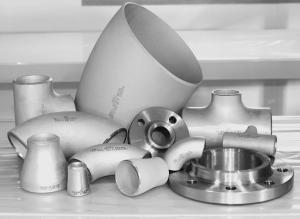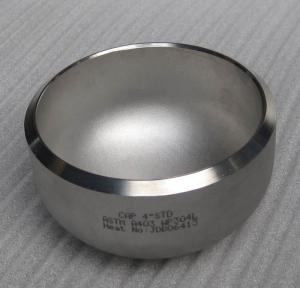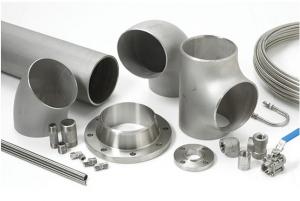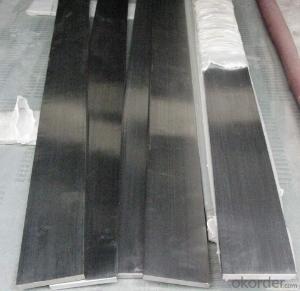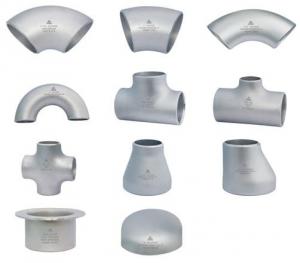Stainless Steel Reducer
- Loading Port:
- China Main Port
- Payment Terms:
- TT or LC
- Min Order Qty:
- 5 Pieces pc
- Supply Capability:
- 1000 Pieces Per Month pc/month
OKorder Service Pledge
OKorder Financial Service
You Might Also Like
Stainless Steel Fittings
Specifications Features:
1) Carbon steel fitting and stainless steel fitting
2) Standard: ASME, ANSI, API, JIS
1. BUTT WELDED FITTING:
2. Production acc. to the standard of GB /ASTM / ASME / DIN / JIS
ASTM B 16.9 /16.11 B 16.28 JIS B 2311/2220 DIN2617/2616/2615/2391
3. Types: Elbows, seamless and welded, LR & SR ,Bend -Equal and reducing Tees,
seamless and welded - Concentric and eccentric Reducers,seamless and welded -Caps
4. Wall thickness: From Sch5 up to Sch160/STD/XS/XXS
5. Material Grades: A403,WP304, WP304L, Wp316, WP316L, A234WPB
6. Dimensions: Seamless: from 1/2' up to 24'
7. size: From 1/2" up to 72"
Outer packing:Seaworthy plywood case
|
Grade |
TP304,TP304L,TP321,TP316L,TP310S etc. |
|
connection |
welding |
|
techniques |
forged |
|
Surface finishing |
180/240/320/400 grit |
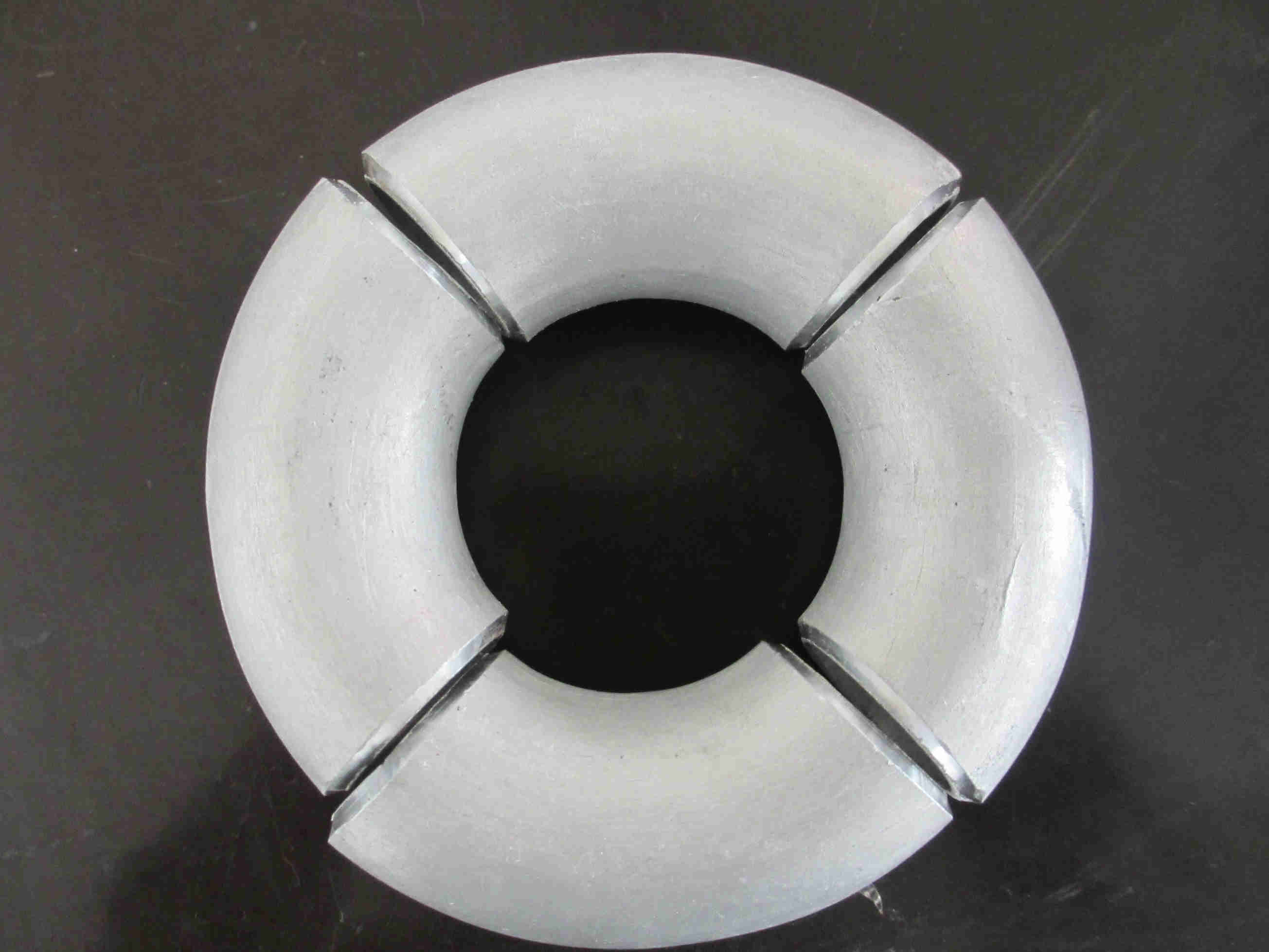
- Q: Are stainless steel flats suitable for structural applications?
- Yes, stainless steel flats are suitable for structural applications. Due to their high strength, corrosion resistance, and durability, stainless steel flats are commonly used in various structural applications where strength and longevity are essential, such as construction, bridges, and industrial infrastructure.
- Q: Can stainless steel flats be used in the manufacturing industry?
- Yes, stainless steel flats can be used in the manufacturing industry. Stainless steel is widely used in manufacturing due to its excellent corrosion resistance, high strength, and durability. Stainless steel flats are commonly used in various applications such as construction, automotive, aerospace, and machinery manufacturing, among others.
- Q: Can stainless steel flats be used in desalination plants?
- Yes, stainless steel flats can be used in desalination plants. Stainless steel is highly resistant to corrosion and can withstand the harsh conditions of desalination plants, which involve exposure to saltwater and high temperatures. This makes stainless steel flats an ideal choice for various components, such as pipes, valves, and heat exchangers, in desalination plants.
- Q: How does the price of stainless steel flats vary based on grade and finish?
- The price of stainless steel flats varies based on the grade and finish. Higher grade stainless steel flats, such as 316 or 304, tend to be more expensive than lower grade options like 430. Additionally, the type of finish, such as brushed or polished, can also affect the price. Generally, a higher quality finish will result in a higher price.
- Q: What are the different testing methods used to ensure the quality of stainless steel flats?
- Some of the different testing methods used to ensure the quality of stainless steel flats include visual inspection, dimensional measurements, chemical composition analysis, surface finish evaluation, mechanical property testing (such as tensile and hardness tests), corrosion resistance testing, and non-destructive testing techniques like ultrasonic testing and magnetic particle inspection. These methods help assess the various aspects of stainless steel flats to ensure they meet the required quality standards.
- Q: Are stainless steel flats resistant to UV radiation?
- Yes, stainless steel flats are generally resistant to UV radiation. Stainless steel is a versatile and durable material that is known for its ability to withstand various environmental conditions, including exposure to UV radiation. This resistance is due to the presence of chromium in stainless steel, which forms a protective layer on the surface of the material, known as the passive layer. This passive layer acts as a barrier against UV radiation, preventing the metal from corroding or degrading when exposed to sunlight. However, it is important to note that prolonged exposure to intense UV radiation can still have a slight effect on stainless steel, potentially causing a slight discoloration over time. Nonetheless, stainless steel flats are considered to be highly resistant to UV radiation compared to many other materials, making them a popular choice for outdoor applications that require long-term durability and protection against the sun's rays.
- Q: Can stainless steel flats be used in the pharmaceutical manufacturing industry?
- Yes, stainless steel flats can be used in the pharmaceutical manufacturing industry. Stainless steel is a preferred material in this industry due to its corrosion resistance, high strength, and easy cleanability. It is commonly used for equipment and surfaces that come into contact with pharmaceutical products to ensure product integrity and prevent contamination.
- Q: How do stainless steel flats perform in extreme weather conditions?
- Stainless steel flats are highly resilient and perform exceptionally well in extreme weather conditions. Their corrosion resistance and durability make them ideal for withstanding harsh elements such as high temperatures, humidity, heavy rainfall, and intense UV exposure. Their structural integrity remains intact, ensuring long-term performance and minimal maintenance even in the most challenging weather conditions.
- Q: Can stainless steel flats be used in pulp and paper industry?
- Yes, stainless steel flats can be used in the pulp and paper industry. Stainless steel is known for its corrosion resistance properties, which makes it ideal for use in environments with high moisture and chemical exposure, such as the pulp and paper industry. Stainless steel flats are commonly used in various applications within the industry, including manufacturing of paper machines, pulp processing equipment, and storage tanks for chemicals and pulp. Additionally, stainless steel flats are durable, low maintenance, and have high strength, which further enhances their suitability for use in the demanding conditions of the pulp and paper industry.
- Q: Can stainless steel flats be anodized?
- Stainless steel flats do not have the capability to be anodized. Anodizing is a technique commonly employed on aluminum and a few other metals for the purpose of generating a defensive layer of oxide on the surface. Stainless steel, on the other hand, possesses an inherent oxide layer that safeguards it against corrosion, rendering anodizing unnecessary. Moreover, the composition of stainless steel does not permit the development of an anodized layer, as is possible with aluminum.
1. Manufacturer Overview
| Location | Zhejiang, China |
| Year Established | 2010 |
| Annual Output Value | above US$16 million |
| Main Markets | East Asia, Middle East. |
| Company Certifications |
2. Manufacturer Certificates
| a) Certification Name | |
| Range | |
| Reference | |
| Validity Period |
3. Manufacturer Capability
| a) Trade Capacity | |
| Nearest Port | Shanghai |
| Export Percentage | |
| No.of Employees in Trade Department | above 10 people |
| Language Spoken: | English, Chinese |
| b) Factory Information | |
| Factory Size: | about 30000 square meter |
| No. of Production Lines | above 7 |
| Contract Manufacturing | OEM Service Offered |
| Product Price Range | Average |
Send your message to us
Stainless Steel Reducer
- Loading Port:
- China Main Port
- Payment Terms:
- TT or LC
- Min Order Qty:
- 5 Pieces pc
- Supply Capability:
- 1000 Pieces Per Month pc/month
OKorder Service Pledge
OKorder Financial Service
Similar products
Hot products
Hot Searches
Related keywords
